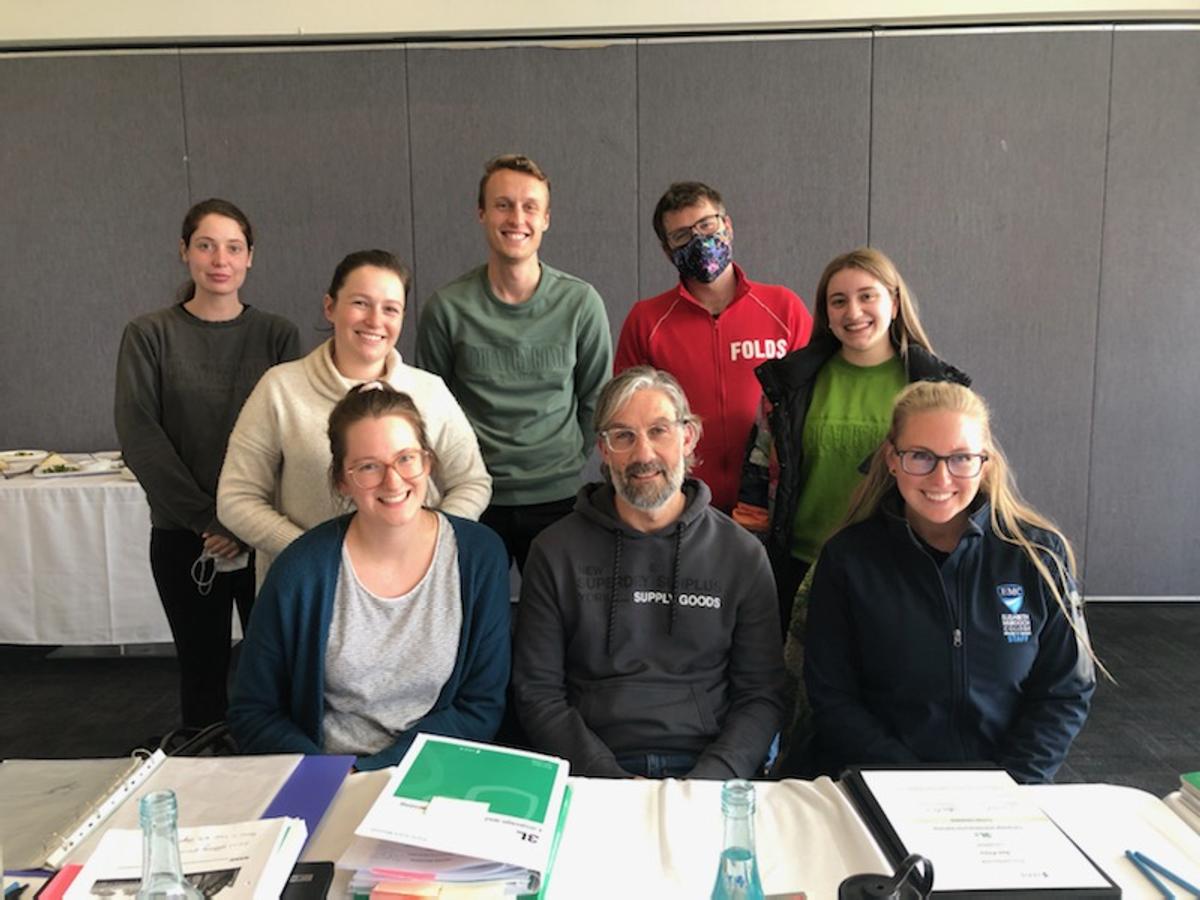Literacy
3L: Language and Literacy for Learning

Literacy
3L: Language and Literacy for Learning
For the past four years, literacy has been a major focus of professional learning for staff at the College. This has included sending teachers to training courses, Curriculum Days focusing on reading strategies and vocabulary, as well as the support provided through the combination of initiatives such as Middle Years Literacy and Numeracy Support (MYLNS) and the Tutor Learning Initiative (TLI).
Literacy – the ability to comprehend texts and compose them – extends to all walks of life. For young people, secondary school is a place to learn and understand how literacy and language differs depending on a variety of factors – where and who we are using it with, what we are using it for, and how it is presented. This helps us explain why the language we use when talking about the footy on the weekend with family and friends differs so much from the language we use when writing a formal business letter, or why the language of a home loan or a house contract can be so dense and overwhelming.
Teachers play a key role in apprenticing young people into different ways of experiencing the world around them. In the History classroom, students engage in literacy practices such as source analysis to uncover information about the past. In the Science classroom, students engage in practices such as practical investigations that apprentice them into the scientific method. In every classroom, teachers are seeking to build young people’s literacy toolkits so they can more effectively engage with the world in different ways.
In August, the College took a major first step towards an ongoing commitment to provide professional learning to all teaching staff over the next 2-3 years.
Eight teachers attended 3L: Language and Literacy for Learning, an intensive four-day course designed to target the specific literacy and language demands of secondary school classrooms. The teachers explored a range of topics: the meaning of literacy in a modern world, the different text types encountered at secondary school, explicit reading strategies to understand complex texts, and the range of specific language choices that we can make when creating texts of our own. This training was also attended by the principal, Dean King, who is excited by the transformational impact we expect this professional learning to have on student literacy.


Back row: Lani Riverans (Nazareth College), Monique Golde, Mark Howard, Zack Pretlove Sarah GiannoneFront row: Jessica Simpson, Ian Price, Kim VolkNot present: Dean King
In Term 4, these teachers will become the trainers when they deliver the course in-house at the College. This will see up to 30 teachers receive approximately 45 hours’ worth of professional learning over the coming months.
In the coming 2-3 years, there is a long-term plan to see every teacher undertake this training to ensure that the College can continue to provide evidence-based, best practice teaching and learning to the young people of Langwarrin.
Mark Howard
Literacy Learning Specialist